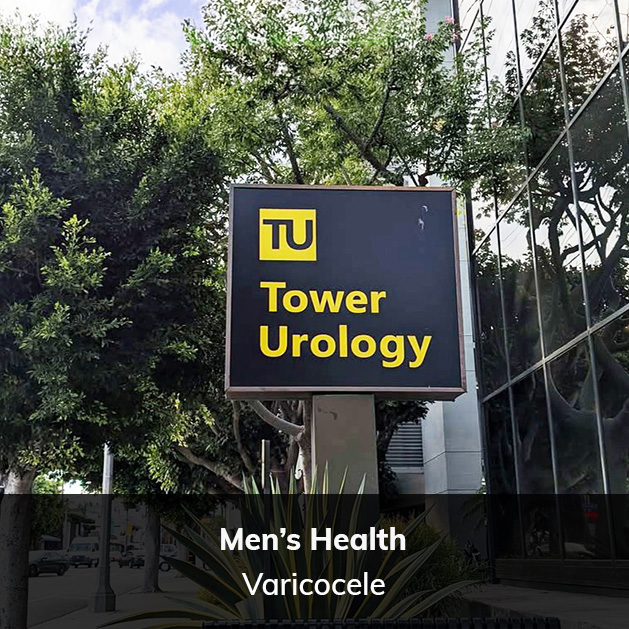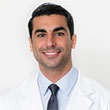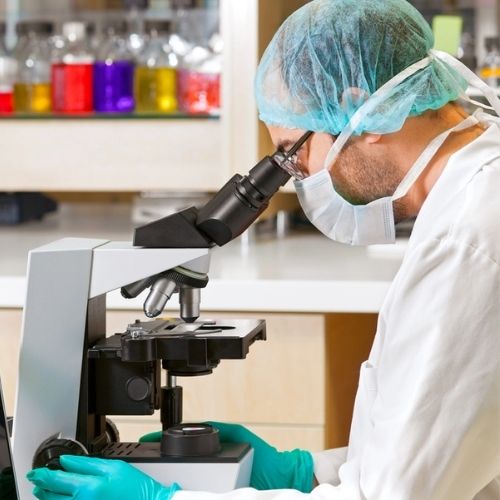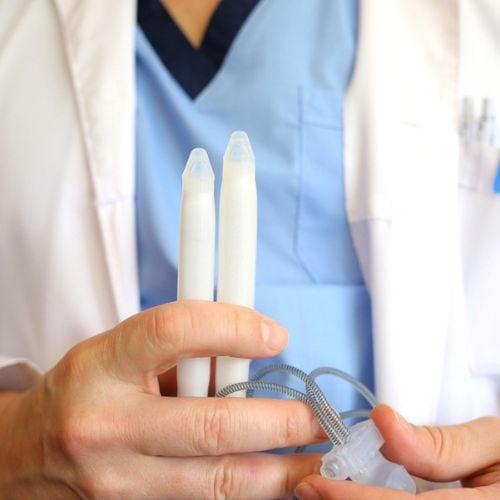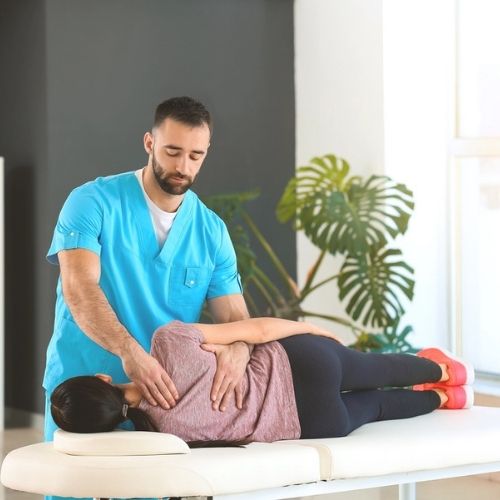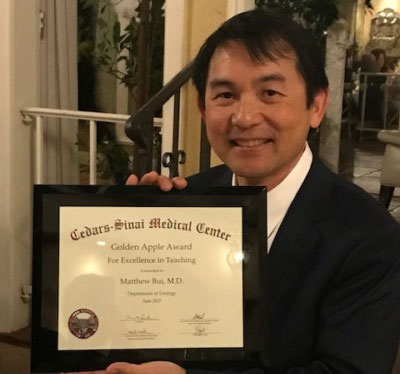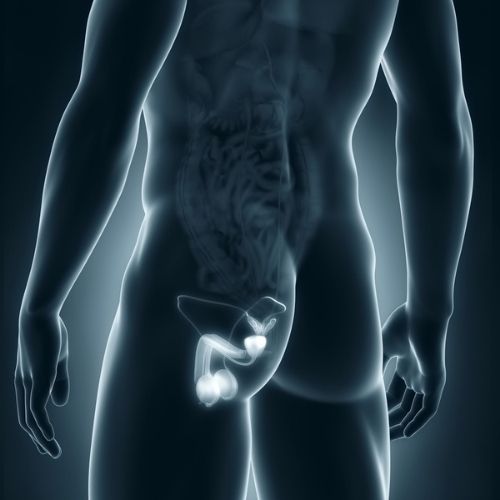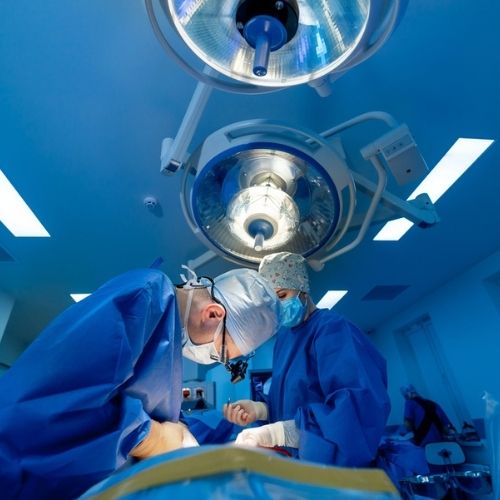What is varicocele?
Varicocele is a condition in which varicose veins surround the testicle. It can be painful because when these veins enlarge, they trap blood around the testicle, which can also cause damage to the testicle.
At Tower Urology, we specialize in diagnosing and treating varicoceles with advanced techniques tailored to each patient’s needs.
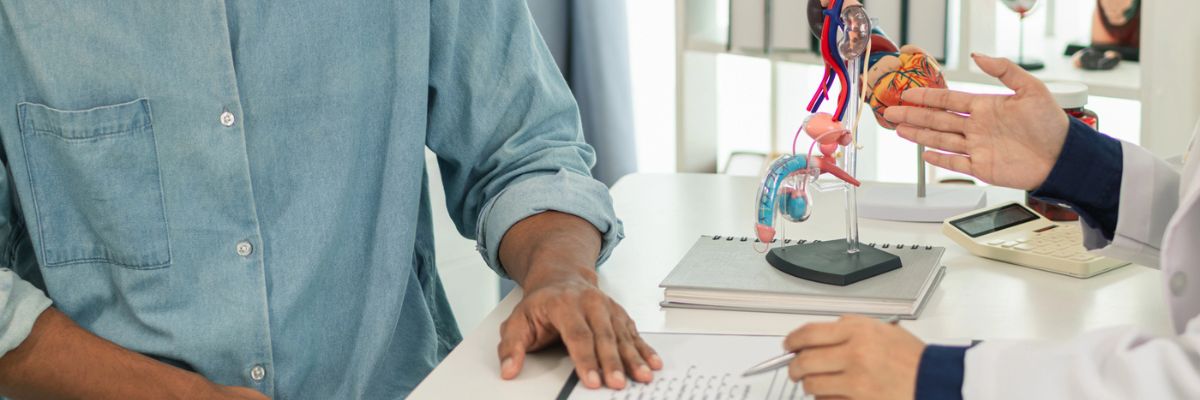
Who does varicocele normally affect?
Varicoceles most commonly affect men between the ages of 15 and 35. They are a leading cause of male infertility and may also affect men experiencing discomfort or scrotal swelling.
What causes varicocele?
A varicocele occurs when the veins in the scrotum become enlarged due to improper blood flow. Causes and risk factors include:
- Anatomical abnormalities: Issues with the valves in the spermatic cord veins.
- Age: Typically develops during puberty when blood flow increases in the reproductive organs.
- Lifestyle factors: Obesity, prolonged standing, or heavy lifting may increase the risk.
What are the symptoms of varicoceles?
A varicocele has been described as looking like a “bag of worms.” The condition may also cause a swollen left testicle. There are several other common symptoms, which can include:
- A noticeable lump or swelling in the scrotum.
- A dull, aching pain around the testicles worsens with standing or physical activity.
- Testicular atrophy (shrinkage) over time.
- Fertility issues due to decreased sperm production or quality.
How are varicoceles diagnosed?
Varicoceles are typically diagnosed through:
- Physical examination: Palpating the scrotum, especially when standing or during a Valsalva maneuver (bearing down).
- Scrotal ultrasound: To confirm the diagnosis and measure the severity of the varicocele.
- Semen analysis: For men with fertility concerns, sperm count and motility are tested.
Are varicoceles dangerous?
Varicoceles typically develop gradually over time. However, they can pose health concerns, particularly because they may lead to infertility (difficulty fathering a child) or hinder the growth of the left testicle during puberty. It’s important to note that eight out of ten men with a varicocele do not experience fertility issues.
While varicoceles are generally considered not dangerous, they can sometimes be linked to more serious conditions. For instance, if a varicocele appears on the right side rather than the left, it is crucial to rule out any mass or abnormality in the abdomen that may be causing it. Additionally, varicoceles should “reduce” or shrink when a patient lies down, as gravity no longer causes blood to pool in the pampiniform plexus of enlarged veins.
In rare instances, however, varicoceles can result in significantly low testosterone levels, which may lead to complications like metabolic syndrome, diabetes, and osteoporosis.
What are varicocele treatment options?
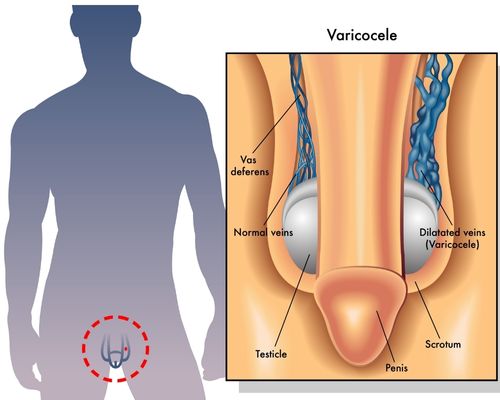
What will a urologist do for a varicocele? Treatment of varicocele depends on the severity of symptoms and fertility goals. At Tower Urology, we offer:
Conservative management
Lifestyle changes or supportive measures may suffice for mild cases.
Varicocelectomy (surgical repair)
Varicocelectomy is a minimally invasive outpatient laparoscopic surgical procedure that involves tying off the affected veins and restoring normal blood flow. Tower Urology offers advanced microsurgical varicocelectomy, utilizing very small incisions, which minimizes risks and enhances fertility preservation outcomes.
The recovery time for varicocelectomy is typically one to two weeks. Patients can resume light activities within a few days and return to full physical activity after about two weeks.
Percutaneous embolization
Varicocele embolization is a non-surgical option that involves using a catheter to block the affected veins. Our expertise in non-surgical embolization ensures options for patients seeking less invasive treatment.
Recovery time from percutaneous embolization is typically quick, with most patients resuming normal activities within one to two days. This procedure also significantly improves comfort and fertility outcomes.
Some Los Angeles urologists may rely on older, open surgical techniques, which carry higher complication rates. At Tower Urology, we prioritize the latest minimally invasive and microsurgical approaches to ensure the best possible results.
Is varicocele commonly misdiagnosed as another condition?
Yes, varicocele symptoms can be mistaken for:
- Epididymitis (inflammation of the epididymis).
- Hydrocele (fluid buildup in the scrotum).
- Testicular torsion (twisting of the spermatic cord).
Accurate diagnosis at Tower Urology ensures the development of an appropriate treatment plan.
Why Tower Urology is your best choice for varicocele treatment in Los Angeles
At Tower Urology, we take a personalized, evidence-based approach to general urology care. All our professionals are committed to providing expert care and follow-up. We take the time to understand you and personalize your treatment plan to your needs.
We invite you to establish care with Tower Urology.
Tower Urology is a proud affiliate of Cedars-Sinai Medical Center, ranked #1 in California and #2 nationwide by U.S. News & World Report. This partnership reflects our dedication to delivering the highest standard of urologic care alongside the best urologists in Los Angeles. Our years of experience and access to Cedars-Sinai’s world-class facilities ensure that our exceptional and innovative urological care positions Tower Urology as a leader in Southern California.
Tower Urology is conveniently located for patients throughout Southern California and Los Angeles, including Beverly Hills, Santa Monica, West Los Angeles, West Hollywood, Culver City, Hollywood, Venice, Marina del Rey, Burbank, Glendale, and Downtown Los Angeles.
Our services include treatment for low testosterone, chronic pelvic pain, chronic testicular pain, and Peyronie’s disease.
Varicocele FAQs
Yes, a varicocelectomy can significantly improve fertility outcomes for men with varicoceles. The treatment shows several key benefits:
- Couples have a 30-50% chance of achieving pregnancy after varicocele treatment. The pregnancy success rate is notably higher in treated men compared to those who don’t receive treatment, with the odds of pregnancy increasing by 29%.
- Sperm concentration increases by approximately 12.34 million/ml and sperm quality and motility improves in about 70% of patients.
- DNA quality of sperm improves, with reduced oxidative damage.
Several types of healthcare providers can treat varicoceles, with Urologists being the most common specialists treating varicoceles through surgical methods, particularly for:
- Microsurgical varicocelectomy.
- Laparoscopic surgery.
- Open surgical repair.
Absolutely. Fixing a varicocele is worthwhile for most patients, particularly when experiencing specific symptoms or fertility concerns. Some of the benefits include:
- Success rates of 70-80% with Tower Urology’s microsurgical method.
- Improved semen parameters and pregnancy rates with proper patient selection.
- Enhanced sperm DNA integrity and mitochondrial activity.
- 83% of patients show increased testosterone levels after surgery.
- Even elderly men show improved hormone levels.
Sources
30 Varicocele & Infertility Statistics That You Did Not Know
https://www.azuravascularcare.com/infovaricocele/varicocele-infertility-stats
The Effect of Varicocele Treatment on Fertility in Adults: A Systematic Review and Meta-analysis of Published Prospective Trials
https://pubmed.ncbi.nlm.nih.gov/36151030/
Varicocele
https://www.med.unc.edu/urology/patientcare/adult-non-cancer/male-fertility/varicocele
The Influence of Varicocelectomy Age on Semen Parameters and Fertility Rates
https://bezmialemscience.org/articles/the-influence-of-varicocelectomy-age-on-semen-parameters-and-fertility-rates/doi/bas.galenos.2023.81905

